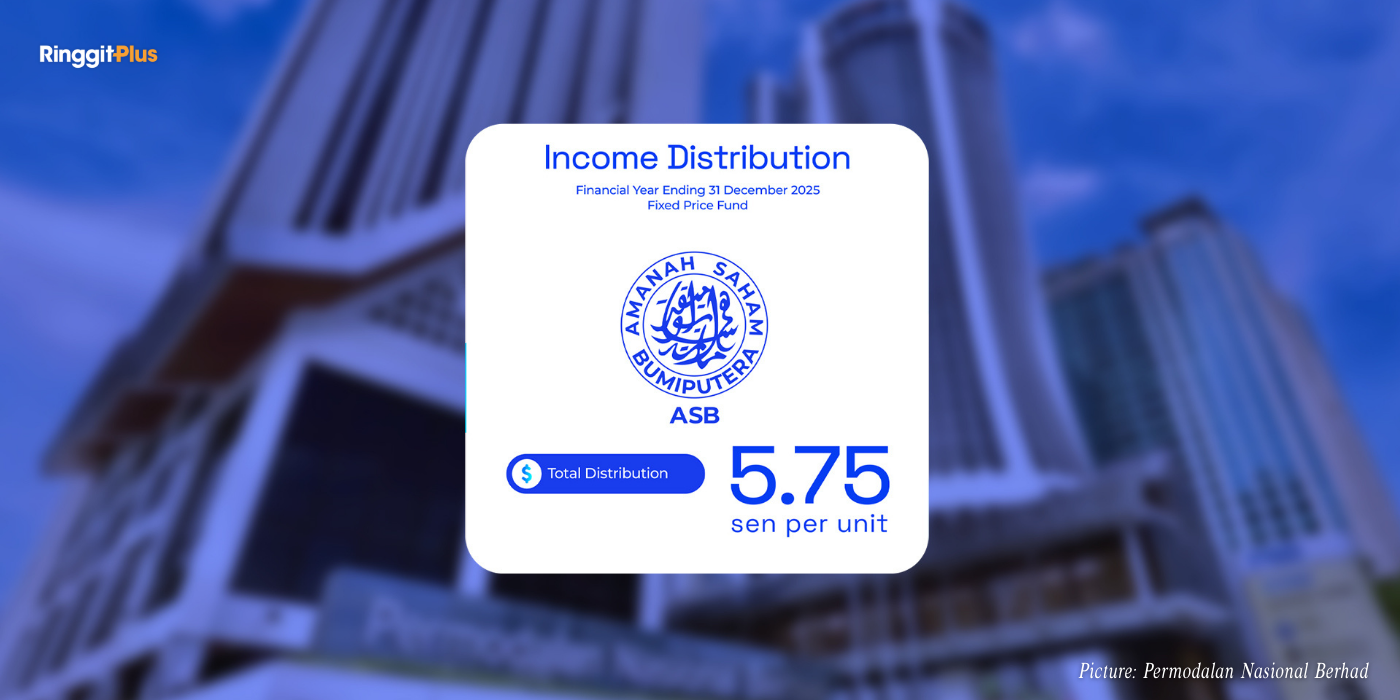Alex Cheong Pui Yin
26th April 2023 - 4 min read

Several investment banks and economists have said that they foresee more hikes in the overnight policy rate (OPR) by Bank Negara Malaysia (BNM) in the coming months of 2023. This is despite the recent easing of Malaysia’s inflation rate.
RHB Investment Bank (RHB IB) maintained its forecast that BNM will likely increase the OPR from the current rate of 2.75% to a peak of 3.25% in 2023, despite the easing consumer price index (CPI) – which serves as an indicator of inflation – in March. This is due to a variety of reasons, including “persistent core inflationary pressures” fuelled by robust domestic demand and an extended period of low interest rates, as well as a declining nominal effective exchange rate (NEER) – which serves as the measurement of a currency’s value against a weighted average of several foreign currencies.
For context, the Department of Statistics Malaysia (DOSM) recently revealed that the CPI had eased from 3.7% in February to 3.4% in March. This is primarily attributed to a decrease in the RON97 petrol price, which in turn significantly reduced the inflation in the transport category from 3.7% to 2.4%.
“The balance of risk to the inflation outlook is tilted to the upside, driven by changes to the blanket fuel and food subsidies mechanism, global commodity price developments, and risks from supply-related disruptions,” shared RHB IB in a note. It also highlighted that the situation may change further with the possible implementation of updated domestic policy in the near future, including electricity tariffs, fuel subsidies, and subsidies for chicken breeders and egg producers.

Similarly, AmBank Group also believes that more OPR hikes are on the cards, raising its forecast of Malaysia’s inflation in 2023 from the previous estimate of 3% to the range of 3% – 3.5%. “Headline inflation eased in March 2023, bringing the first quarter 2023 (Q1 2023) inflation at 3.6%. We now expect inflation to be higher than what we have previously forecasted,” said the bank.
AmBank Group also explained that its predictions are based on the assumption that the electricity tariff, diesel subsidy, and price ceiling for chicken and eggs will be gradually removed in the second half of 2023.
Bank Muamalat, too, agreed that while the inflation rate appears to be moderating, it is still considered to be relatively high when compared to past records. As such, it is very likely for BNM to introduce more OPR hikes in the following months.
“We stick to our call for 3.6% inflation rate in 2023 as we believe food inflation will stay elevated along with possible changes in government policies on subsidies (fuel and electricity) in the H2 2023,” said the chief economist and social finance head of Bank Muamalat, Dr Mohd Afzanizam Abdul Rashid, adding that factors such as Malaysia’s overdependence on food import and the country’s weaker currency could lead to an increase in local prices.

That said, Afzanizam also believes that the window for possible hikes in the OPR may be slowly closing, given certain developments on the external front. Specifically, he said that Malaysia’s “external front has become quite wobbly”, and this will inevitably affect Malaysia’s external sector – such as exports – in the near future as well.
MIDF Research, meanwhile, maintained its 2023 headline inflation forecast at 2.5%, noting that Malaysia’s headline inflation has already moderated to a nine-month low. Moving forward, factors such as the ringgit’s appreciation, mild correction in global commodity prices, and better supply chain flows could allow inflation to ease further, it said.
“Judging from the re-tabled Budget 2023, we believe the government will keep fuel subsidies, especially RON95 status quo, until the end of the year. We anticipate that any targeted subsidy measures for RON95 and diesel will be rolled out in 2024,” the research house further stated.
MIDF Research acknowledged, however, that Malaysia’s food prices – and inflation – can also be negatively impacted by downside risks such as persistent high food inflation, heightened geopolitical conflict in the European Union, and spike of commodity prices – among other things.
(Source: Free Malaysia Today)









Comments (0)